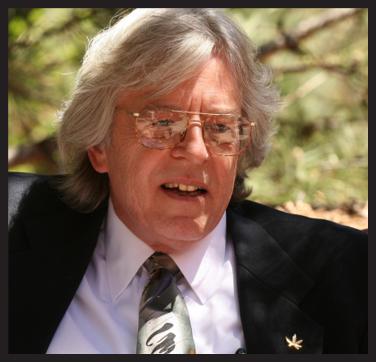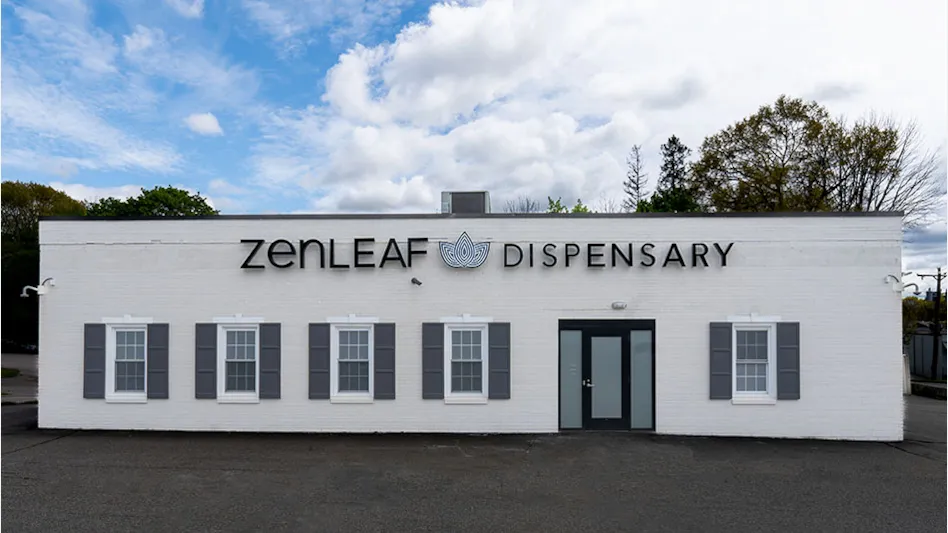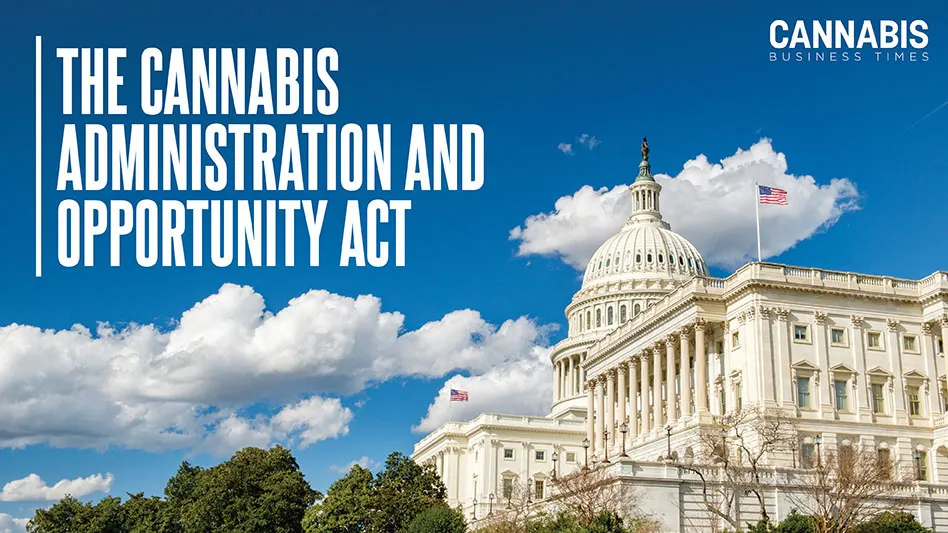
Keith Stroup remembers 1970, when legalizing marijuana was a “fairly radical” idea. Gallup had just released its first poll on cannabis and found that just 12 percent of the American public supported legalization.
“Obviously — politically — it felt very much like we were on the fringes of the culture,” Stroup recalls. “We certainly were not mainstream.”
The Vietnam War was raging, as were anti-war demonstrations at home. Stroup had just graduated from Georgetown Law and was eyeing two years of draft eligibility.
“I was scared to death, frankly,” he says.
As it turned out, Stroup was hired by the National Commission on Product Safety, which grew out of the work by five-time presidential candidate Ralph Nader, a longtime consumer safety advocate, to ensure federal oversight of consumer product standards. The job qualified Stroup for a critical skills deferment, allowing individuals to avoid the draft if their jobs were deemed important to the national interest.
When the commission wound down two years later, Stroup was 27 and too old to be drafted.
“I was a country boy,” he says. “I had assumed I’d get my law degree and go back home and practice law in southern Illinois. But once I’d been inspired by the idea that you can use your legal degree and skills to try to impact public policy, instead of getting rich or helping your clients get rich, there was no turning back.”
No longer facing the draft, Stroup founded pro-marijuana-legalization group National Organization for the Reform of Marijuana Laws (NORML) in late 1970. “I thought, ‘Look, I really want to use my law degree for something that matters in my life,’” he says.
We thought [legalization] might be something we could accomplish in about 10 years. Now, of course, it’s 45 years later, and we’re just beginning to win the battle.”
NORML, a nonprofit, has lobbied Congress and state legislatures to relax criminal penalties and move toward full legalization ever since. The 45-year-old organization now has more than 100 chapters around the country — some statewide, some city-based and some based on college campuses. NORML also has authorized groups in several foreign countries to use the organization's name to advance legalization efforts abroad. It disseminates information via email and Facebook pages to its constituents whenever marijuana-related legislation is proposed at the local, state and federal levels, enabling it to reach more than 1 million pro-legalization supporters quickly.
“I was relatively naïve,” Stroup says. “I think at the time we thought it might be something we could accomplish in about 10 years. Now, of course, it’s 45 years later, and we’re just beginning to win the battle. For a long time we were out of step, and considered far more radical than most elected officials were comfortable with.”
He says NORML has made its most tangible progress in the last five years; victories that would not have been possible without four prior decades of working to win over hearts and minds, especially in the non-smoking majority.
“The 2012 elections were the most significant moment I’ve experienced in the movement,” he says. “When Washington and Colorado approved legalization, that was the tipping point. I don’t mean it will be easy, but we enjoy the support of the majority (58 percent) of the American public now.”
Stroup predicts a younger and more marijuana-friendly class of leaders will fill empty seats in state halls, committees and Congress over the next decade.
“The change is actually going to continue and even accelerate,” he says.
Looking back over 45 years, some of Stroup’s best personal memories were made “with people who have taken some risk to be out front on the marijuana movement.” He met Willie Nelson in 1974, and the two quickly became good friends, working together on marijuana legalization and family farm issues.
He also has fond memories of Hunter S. Thompson, who served on NORML’s advisory board.
“I enjoyed him a lot,” Stroup says. “But I couldn’t keep up with him. At the end of a long evening, I was frequently saying, ‘OK, you win! I’ve got to go home and get some sleep.’ Hunter would then sit down and go to work.”
While Stroup’s role with the organization has changed — he now serves as legal counsel to NORML and the NORML Foundation, runs two legal seminars annually, and helps individuals who have been arrested on marijuana charges better understand forthcoming legal procedures and find experienced criminal defense attorneys — Stroup says NORML’s most important work is still ahead, representing consumer interests.
“That’s why we were started in the first place,” he says. “Up to this point, we had to focus on ending the practice of arresting marijuana smokers and ending prohibition. Now, with legalization being adopted in several states, and as various regulations are rolled out, you can be sure the industry will be well-represented. There are lots of companies in the ‘green rush’ with plenty of money and influence. We need to make sure NORML has a seat at the table so consumers also have input into any new regulations.”
While acknowledging challenges ahead, Stroup argues that what marijuana consumers want is no different than what consumers demand in other fields: a high-quality product that’s safe, convenient and affordable. He says all cannabis needs to be tested using uniform standards in state-certified labs; it needs to be labeled with clear information about strain and active compounds, including especially the strength of the THC and CBD, and any pesticides used.
“That’s only now becoming possible. If we had argued that marijuana should be tested years ago, they would have laughed us out of the room,” he says. “Now, we do make that argument, and it’s being included in all the new laws.”

Explore the January 2016 Issue
Check out more from this issue and find you next story to read.
Latest from Cannabis Business Times
- South Dakota Group Submits 29K Signatures for 2024 Adult-Use Cannabis Legalization Measure
- Rescheduling Would Have Saved Verano $80M in 2023 Tax Payments, CEO Says
- Aurora Marks 1st Medical Cannabis Shipment to New Zealand Market
- Where All 100 US Senators Stand on SAFER Banking Act
- Blumenauer Unveils Legislative Blueprint, Additional Administrative Action Needed Following Rescheduling
- Cannabis Rescheduling FAQ: What Now?
- From Custodian to Cultivation Supervisor
- California City in Cannabis Retail Desert Welcomes 1st Dispensary





